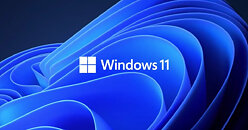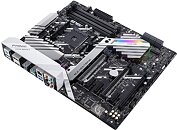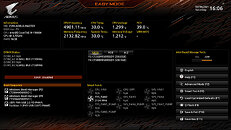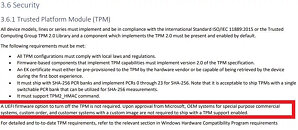
ECS IPC Introduces LIVA Z5 Series Mini PCs for Industrial Applications
ECS Industrial Computer Co., Ltd., also known as ECSIPC, proudly unveils its latest generation of mini PCs for quad-display industrial applications, the LIVA Z5 series, which includes the LIVA Z5 Plus, LIVA Z5E Plus, and LIVA Z5F Plus. Committed to providing industry-specific value solutions, ECSIPC focuses on developing niche products and solutions for vertical industry applications. ECSIPC has achieved success in various application areas, including educational electronic whiteboards in Europe and the US, airport real-time flight systems in India, image projection for Japan's Shinkansen bullet trains, and electronic menu and POS systems for KFC in South America, while also exploring applications in vending machines and digital signage.
The newly launched LIVA Z5 series is powered by Intel 13th and 14th generation Core processors, delivering significant performance improvements with up to 10 cores capable of efficiently handling various demanding tasks. The series has Wi-Fi 6E speeds up to 9.6 Gbps for enhanced data transmission efficiency, allowing seamless playback of high-quality audiovisual content. Additionally, the multi-storage design accommodates PCIe Gen 4 M.2 NVMe SSDs and a 2.5-inch SSD or HDD, offering greater storage flexibility. The series ensures high-speed data processing in industrial environments with two 2.5G Base-T (2.5G) ports. At the same time, support for vPro and physical TPM significantly enhances the value of industrial applications.
The newly launched LIVA Z5 series is powered by Intel 13th and 14th generation Core processors, delivering significant performance improvements with up to 10 cores capable of efficiently handling various demanding tasks. The series has Wi-Fi 6E speeds up to 9.6 Gbps for enhanced data transmission efficiency, allowing seamless playback of high-quality audiovisual content. Additionally, the multi-storage design accommodates PCIe Gen 4 M.2 NVMe SSDs and a 2.5-inch SSD or HDD, offering greater storage flexibility. The series ensures high-speed data processing in industrial environments with two 2.5G Base-T (2.5G) ports. At the same time, support for vPro and physical TPM significantly enhances the value of industrial applications.














































